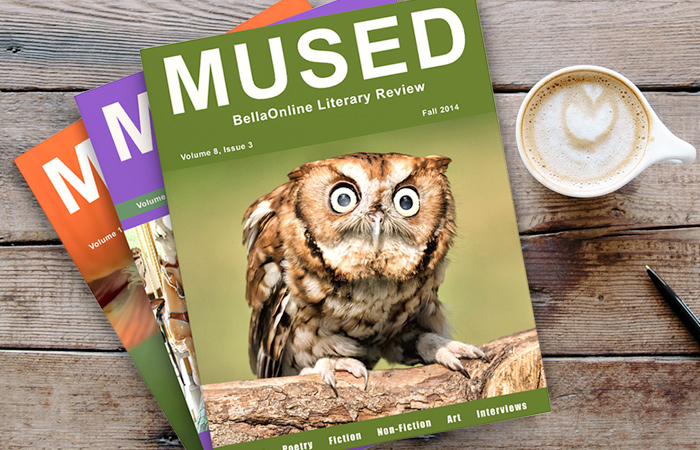-

-
Poetry Submission Information
Poetry Submission Guidelines
Poetry Types
Rhyming Poem Guidelines
Poetry Cliches to Avoid
Creating Immersive Poetry
Showing vs Telling Poetry
Poetry Submission Form
Main Submission Guidelines
General Mused Submission FAQs
Mused Contributor Bio and Photo
Calculating a Word Count
Proofreading Your Submission
Poetry Types
MUSED accepts poetry submissions in any style of poetry that exists. Do you need some inspiration? Here are just a few types of poetry from around the world!Sonnet
A rhyming poem that has fourteen lines. These tend to be in a rhyming scheme of a-b-a-b, c-d-c-d, e-f-e-f, g-g. That is, the first and third line end with a rhyme, the second and fourth line end with a rhyme, and so on. Each line has ten syllables where the sound is weak - strong - weak - strong and so on. So here is the example of the start of a sonnet by William Shakespeare:
Let me not to the marriage of true minds
Admit impediments. Love is not love
That rhyme and meter is important for a good sonnet.
Cinquain
A five line poem about an incident. Line 1 is a two syllable title. Line 2 is a four syllable summary. Line 3 is a six syllable description of what happened. Line 4 is an eight syllable description of how you felt. Line 5 is a final two syllable summary. Cinquain are often about nature.
Here is a cinquain, "November night", by Adelaide Crapsey, who invented this style:
Listen ...
With faint dry sound,
Like steps of passing ghosts,
The leaves, frost-crisp'd, break from the trees
And fall.
There's also an "abbreviated" version of cinquain which is taught in schools, which is much more simple. In those, you simply have to worry about one word, two words, three words, four words, and then one word again.
Haiku
Japanese unrhymed poetry traditionally created with 5 syllables, 7 syllables, 5 syllables. Usually a haiku refers to a moment in nature.
Here is a famous haiku by Basho. Haiku traditionally have no title.
An old silent pond ...
A frog jumps into the pond,
splash! Silence again.
Limerick
A funny poem with 5 lines. The name "Limerick" comes from their supposed origin in the town of Limerick, Ireland. Limericks can often be bawdy, but please keep in mind that Mused is a family-friendly publication and cannot get too wild! Lines 1, 2 and 5 have 7-10 syllables and rhyme. Lines 3 and 4 have 5-7 syllables and rhyme with each other.
Here is a famous limerick by Edward Lear, published in 1846.
There was an Old Man with a beard,
Who said, 'It is just as I feared!
Two Owls and a Hen,
Four Larks and a Wren,
Have all built their nests in my beard!'
Poetry Submission Guidelines
Poetry Types ← You Are Here
Rhyming Poem Guidelines
Poetry Cliches to Avoid
Creating Immersive Poetry
Showing vs Telling Poetry
Calculating a Word Count
Proofreading Your Submission
Poetry Submission Form
